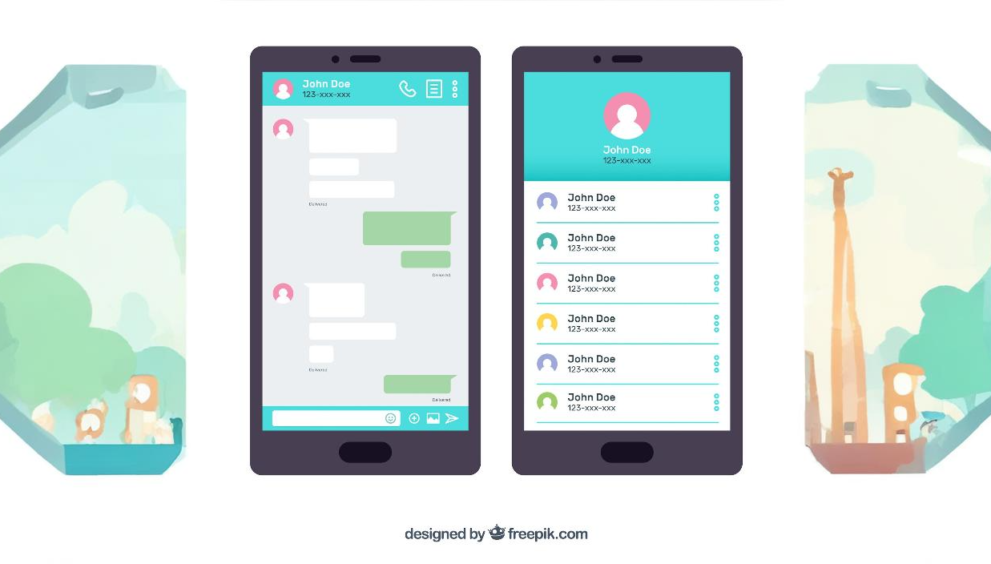STUDY: Drop the abbreviations in texting to build better connections
According to new research from the American Psychological Association while abbreviations may save time, they can also undermine effective communication and negatively affect how others perceive you
Author
Author
- admin / 1 year

- 0
- 3 min read

Author
Next time you’re tempted to use shortcuts like “thanx” for “thanks,” “ttyl” for “talk to you later,” or “u” for “you,” think twice. A new study suggests that spelling out words instead of using abbreviations makes you appear more sincere and increases the likelihood of receiving better responses to your texts.
According to new research from the American Psychological Association while abbreviations may save time, they can also undermine effective communication and negatively affect how others perceive you.
“By being aware of the potential consequences of using texting abbreviations, individuals can make more informed decisions about their language use in various contexts,” the study says. “This can lead to more effective and empathetic communication, benefiting personal relationships, educational settings, and work environments alike.”
As social interactions increasingly move to digital platforms, communicators confront new factors that enhance or diminish virtual interactions. Texting abbreviations, for instance, are now pervasive in digital communication, but do they enhance or diminish interactions? The study reveals that texting abbreviations negatively affect interpersonal communication by decreasing perceived effort, which in turn leads to lower perceived sincerity and responsiveness.
The study, among the first to examine the interpersonal effects of texting abbreviations, involved eight experiments with over 5,300 participants.
“Across eight studies (and four additional Supplemental Studies), findings suggest that individuals who use texting abbreviations are perceived to be more insincere and are less likely to be replied to,” the study said.
“This phenomenon is driven by the perception of the abbreviation user exerting less effort into their messages.”
The researchers did not find evidence supporting the hypothesis that using abbreviations may enhance feelings of closeness due to heightened informality in texting conversations.
“Nor did we find evidence across our studies that using texting abbreviations increased perceived sincerity or response rates, suggesting that in the contexts and paradigms we examined, brevity in communication does not necessarily translate to higher engagement levels, especially when that brevity comes at the cost of lower perceptions of effort,” the researchers highlight.
The findings offer practical guidance for individuals “to strategically construct text messages to form more positive interpersonal texting interactions.”
“People value conversational quality, preferring messages that convey thoughtfulness and personal connection.” the study finds.
Also read: Lessons from the latest health controversy on social media – First Check
(Do you have a health-related claim that you would like us to fact-check? Send it to us, and we will fact-check it for you! You can send it on WhatsApp at +91-9311223141, mail us at hello@firstcheck.in, or click here to submit it online)









